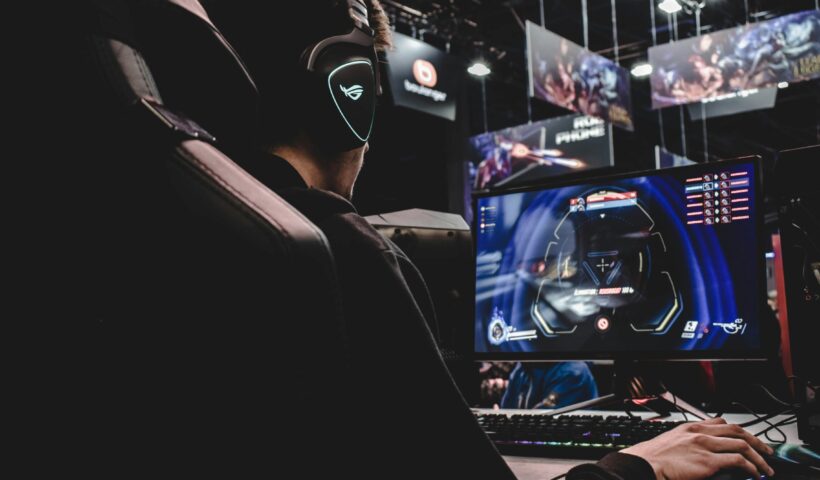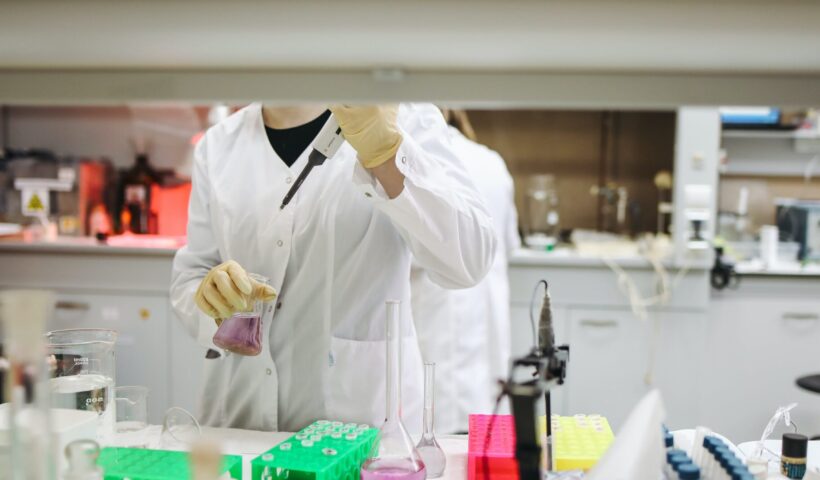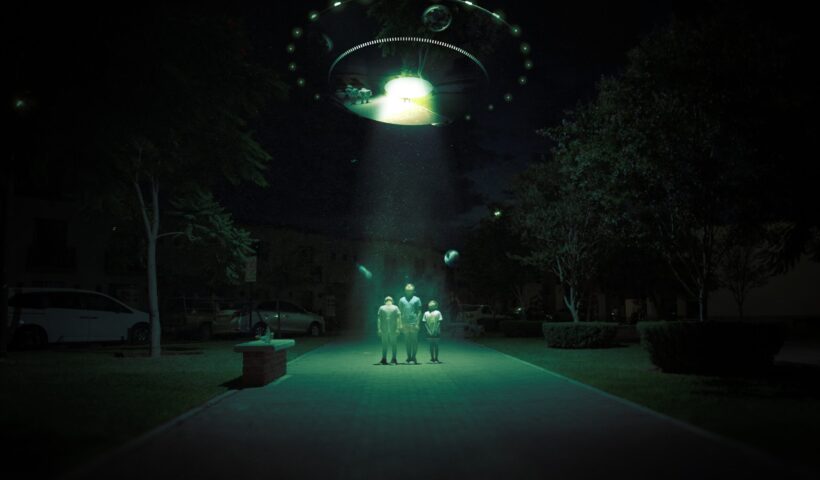Four years ago, the game developers behind the hit game Borderlands 3 and McGill University partnered to create Borderlands Science, a minigame that gamers would complete to help researchers categorize DNA sequences from microbes found in the human gut. While the project was initially met with skepticism, it has since proven to be extremely successful. Over 4.5 million people have contributed to scientific research through the video game. Borderlands Science establishes an important precedent for the role video games can have in scientific research and social good.
View More Video Game Potential for Social GoodTag: Research
Sex-Based Bias in Medical Research is Dangerous
Women have historically been underrepresented in Phase I and II clinical trials, including areas of research such as Alzheimer’s and autoimmune diseases in which women are more affected. This results in drugs being tailored for men, which leads to a higher rate of women experiencing adverse effects of these drugs than men. Medical testing needs to involve women at every stage to prevent these inequalities from occurring and to prioritize women’s health.
View More Sex-Based Bias in Medical Research is DangerousThe Benefits of Scientific Controversy
Timothy Nash recently brought a two-million-year-old fossil on a commercial voyage aboard Virgin Galactic’s V.S.S. Unity. The purpose was to symbolize how far humanity has come, though many scientists disagree with this stunt, stating the venture to be “unethical” and “reckless”. However, the resulting controversy has led to a great deal of public interest in the Cradle of Humankind, benefitting future research ventures through additional economic support.
View More The Benefits of Scientific ControversyNobel Prize in Medicine Winner Demonstrates the Roadblocks of Academic Innovation
This week, the recipients of the Nobel Prize in Medicine were recognized for their contributions to mRNA vaccine technology. However, their research was historically brushed off by colleagues, publications, and grant institutions before the COVID-19 pandemic. Specifically, Dr. Katalin Karikó was demoted from a tenure-track position and eventually forced to retire from her university. Her struggle for recognition reflects the roadblocks to innovation in academia that are amplified by limited funding and biases.
View More Nobel Prize in Medicine Winner Demonstrates the Roadblocks of Academic InnovationThe Role of Bias in Scientific Research
The world is buzzing once again with supposed evidence of alien life. While under oath, Jaime Mausson presented two bodies he claims are of extraterrestrial origin to the Mexican Congress. However, experts are skeptical of his findings, claiming they have no real scientific basis. This case brings to question the role of bias in scientific research and how the resulting spread of misinformation can cross the line into becoming harmful.
View More The Role of Bias in Scientific ResearchThe Replication Crisis: Issues in Scientific Research
In current scientific research, there appears to be a replication crisis in which results of publications cannot be replicated. While this may not impact the validity of the research, it creates looming questions and uncertainties for the products of that research going forward, and innovation in the space as a whole.
View More The Replication Crisis: Issues in Scientific Research





